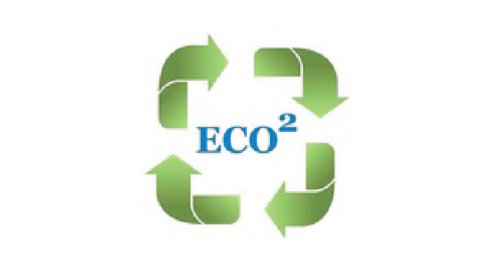Actualités • Membres
Reducing the Carbon footprint of Municipal Waste in the UAE

27 March 2025 - Riad Bestani, Founder & CEO of ECO-square - The UAE have launched several initiatives in past years that reflect its commitment to reducing the environment impact of waste and promoting sustainable practices. Starting with the 2018 Federal Resolution (No 12) that focuses on integrated waste management, aiming to standardize waste disposal methods and protect the environment and followed by its 2021 Executive Cabinet Resolution (No39) that outlines the executive regulations for waste management, including controls for transferring waste between emirates. These regulations cover the entire waste management process from production to disposal, including free zones, ensuring that the best available practices and technologies are applied to protect the environment and human health. More recently, at an Emirate level, Dubai issued a law (No18) in 2024 that regulates waste management in Dubai, emphasizing the adoption of the latest techniques and technologies for waste management.
Why such a focus on (Municipal/Solid) Waste, whilst we continuously hear a lot more on the CO2 effect on Climate Change coming from other high impact sectors such as Transportation, Industry, Energy and the like?
Probably because we tend to forget that Organic waste, which represents a major portion of this Waste (40-60% depending on countries/local habits) are responsible for the global emission of Methane, a gas that is about 28 times more harmful than CO2 when buried in the large landfills throughout the country. According to recent studies, we currently assess about 2.1 BT of Municipal Waste out of 18 BT of total waste worldwide and that number is expected to raise by 50% by 2050- accounting for 1.65Bt CO2 (3.5% of global emissions)- out of which 20% of global methane emissions generated from waste.
This explains why the Ministry of Climate Change and Environment launched the National Agenda for Integrated Waste Management (2023-2026), setting ambitious targets to reduce waste generation and improve recycling by 2031. This agenda aims to decrease municipal waste per capita from 1.2 kg/capita/day in 2023 to 1 kg/capita/day by 2031, a figure which is high above European average.
In 2023, the UAE Cabinet also adopted the UAE Circular Economy Agenda 2031, which provides a comprehensive framework for implementing circular economy principles. The agenda outlines the development of 22 policies, with the policy committee, the first permanent committee of the UAE Circular Economy Council, tasked with supporting national efforts. This includes studying and assessing challenges to the circular economy, proposing appropriate policies, evaluating initiatives, and recommending projects that accelerate the shift towards a circular economy model.
Last and very recently, the Waste-to-Zero initiative, launched during COP28, focuses on reducing emissions from waste management activities. This initiative aims to improve recycling rates, reduce food loss and waste, attract investment in waste infrastructure, create new jobs, and decrease global reliance on natural resources, marking a significant step towards comprehensive waste management and sustainability.



